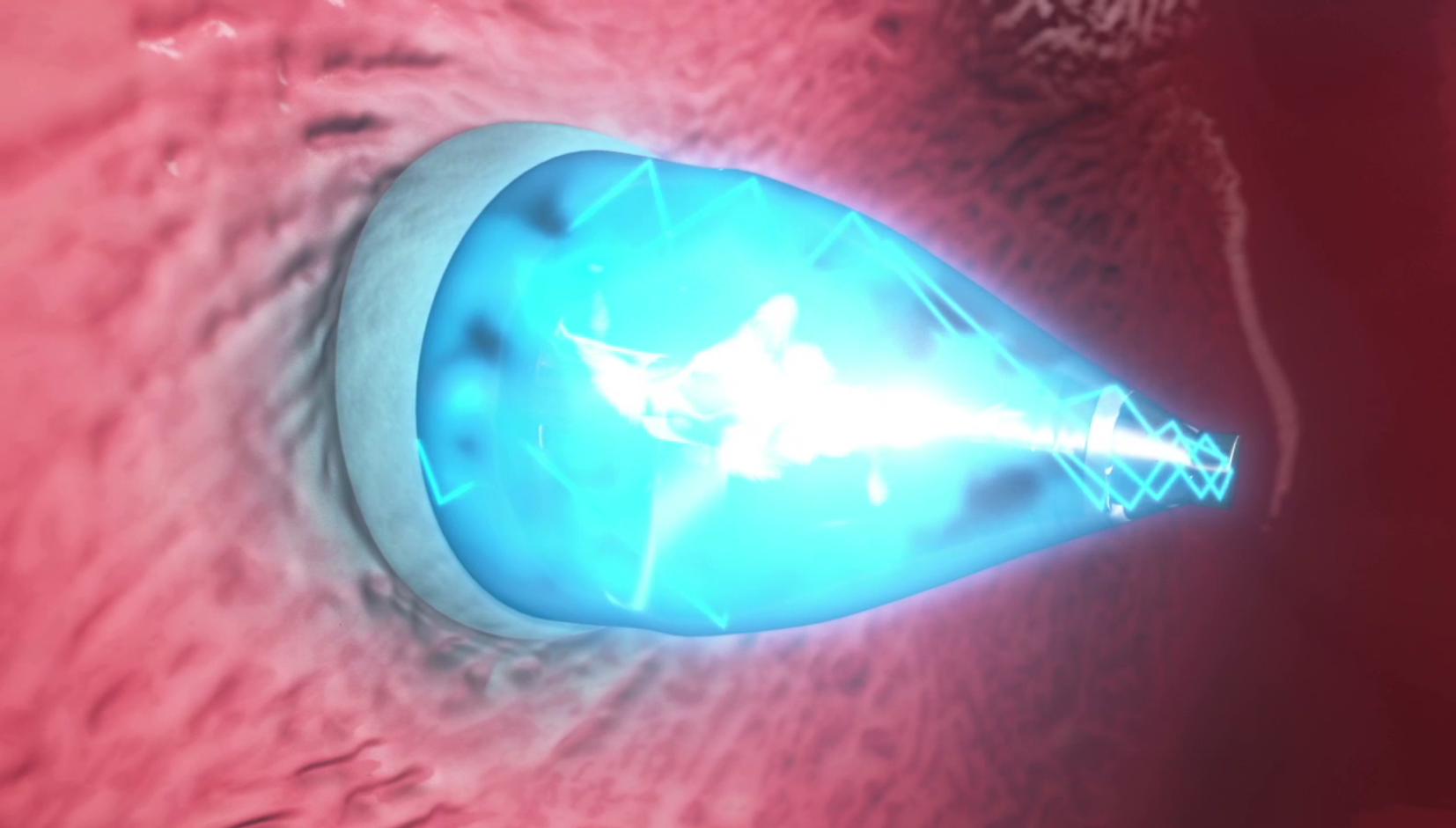
There's hardly a shortage of animal inspired robots, but few are as tiny as Harvard's autonomous RoboBee. The robotic insect has been around for a while, but researchers at the Wyss Institute for Biologically Inspired Engineering only recently managed a minor breakthrough: controlled flight. Using new manufacturing and design processes, the team has managed to keep the coin-sized bug aloft by independently manipulating the robot's wings with piezoelectric actuators and a delicate control system.
"This is what I have been trying to do for literally the last 12 years," explains Professor Robert J Wood, Charles River Professor of Engineering and Applied Sciences. "Now that we've got this unique platform, there are dozens of tests that we're starting to do, including more aggressive control maneuvers and landing." There's more to be done, however. The tiny machine still requires a tether for power and control, and researchers are still studying nature to suss out how insects cope with flying through wind and the elements. Eventually, the team hopes to outfit the RoboBee with lightweight batteries, an internal control system and a lighter chassis. For now, however, they're just happy to learned to steer. Check out the insect in action after the break.
Filed under: Robots
Comments
Source: Harvard
 Doctors have been working for years on using tiny nanoparticles covered in clot busting drugs to clear blocked vessels in stroke victims. The only problem is that when a vessel is completely blocked, a lack of blood flow in the affected area is a p...
Doctors have been working for years on using tiny nanoparticles covered in clot busting drugs to clear blocked vessels in stroke victims. The only problem is that when a vessel is completely blocked, a lack of blood flow in the affected area is a p...
 Doctors have been working for years on using tiny nanoparticles covered in clot busting drugs to clear blocked vessels in stroke victims. The only problem is that when a vessel is completely blocked, a lack of blood flow in the affected area is a p...
Doctors have been working for years on using tiny nanoparticles covered in clot busting drugs to clear blocked vessels in stroke victims. The only problem is that when a vessel is completely blocked, a lack of blood flow in the affected area is a p...
 Advances in medicine are treating patients in ways that were never thought possible. The latest breakthrough comes from a team of scientists in Boston who have developed a way to fix holes in the heart without the need for invasive surgery. They cr...
Advances in medicine are treating patients in ways that were never thought possible. The latest breakthrough comes from a team of scientists in Boston who have developed a way to fix holes in the heart without the need for invasive surgery. They cr...




